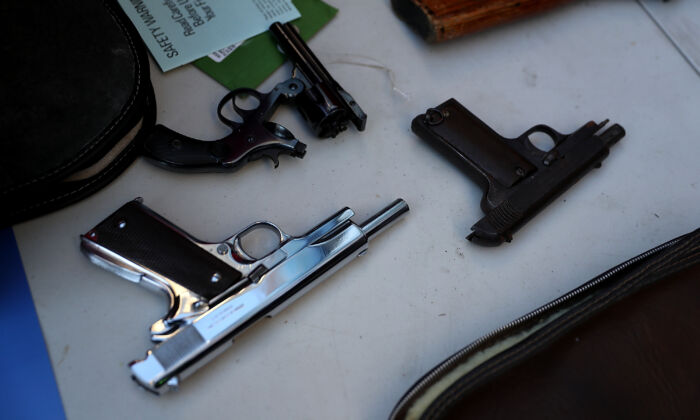Gold Supporter
- Messages
- 795
- Reactions
- 1,694
I would not add to the written statement, but comment to you here: The same people who have pushed defunding police and "no-bail" and "no punishment" policies know the chaos their policies have produced and still support disarming innocents.















